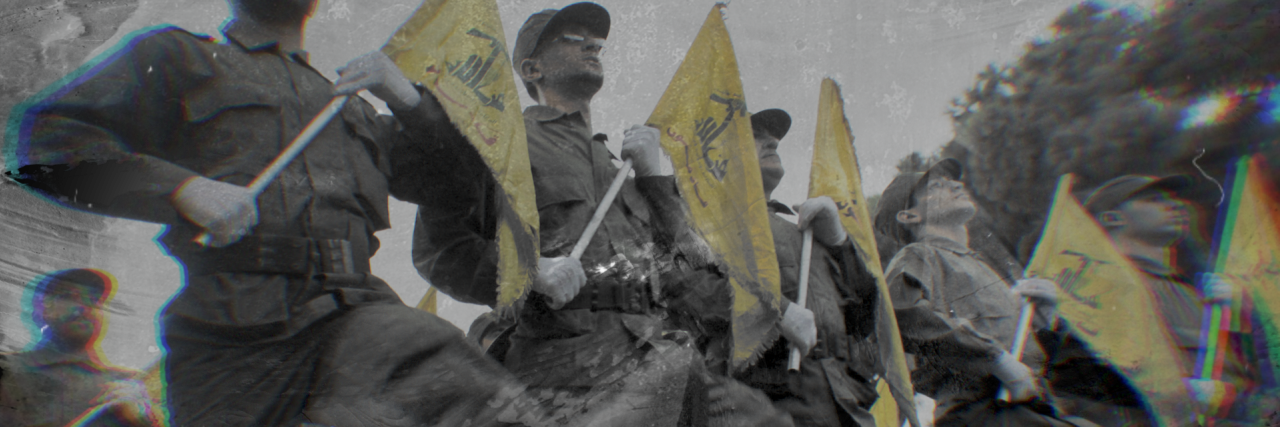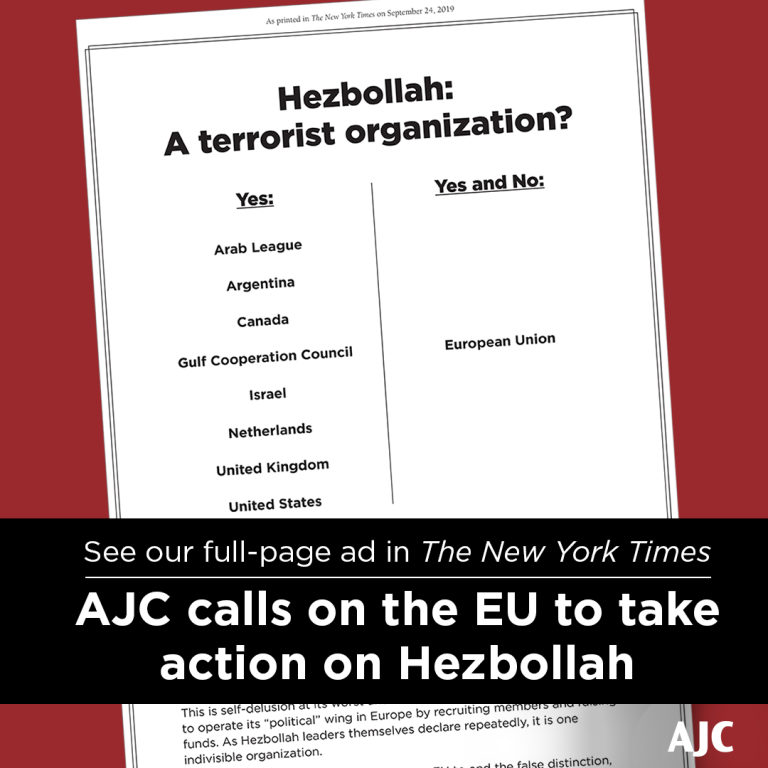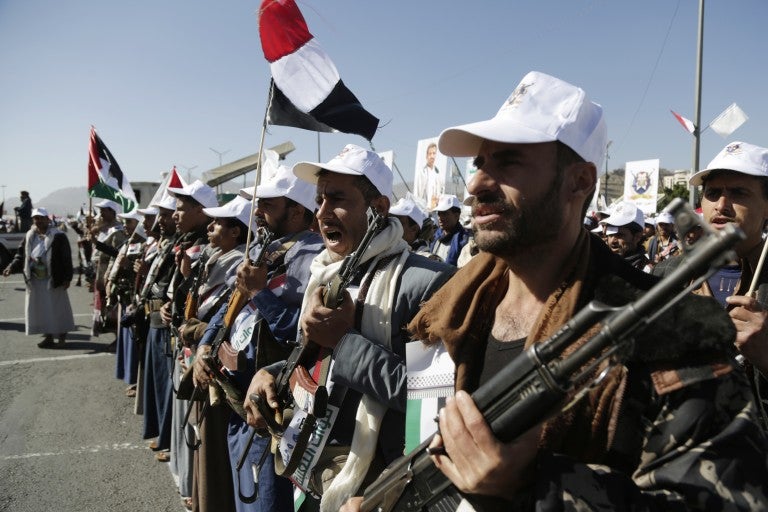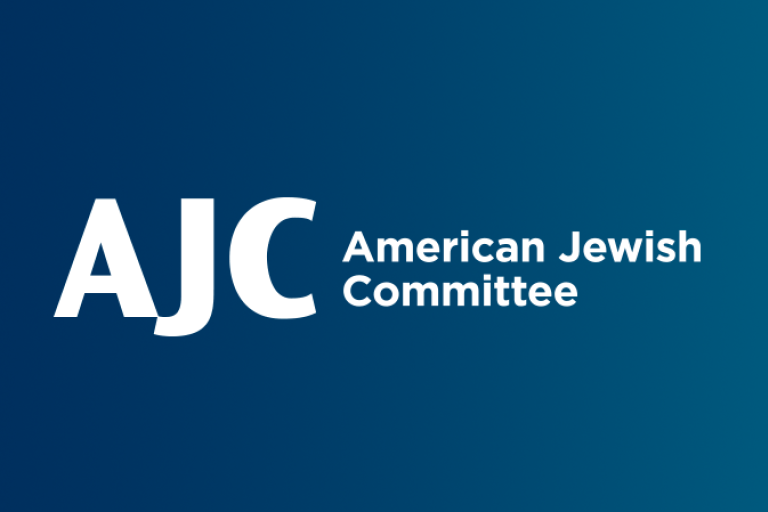May 17, 2019 — Brussels, Belgium
This piece originally appeared in International Politics and Society.
By Remko Leemhuis
There has long been a consensus amongst security and terrorism experts, which has only been confirmed by recent investigations and trials in EU countries: Hezbollah is using Europe to secure its financing. Germany has a considerable role in these activities, as the terrorist organization not only has approximately 1,000 supporters and a robust network, but also because there are no upper limits to cash payments in the country. These conditions create a ripe environment for money laundering.
An example: On July 29, 2015, a customs agent on the German-Belgian border inspected a Mercedes with two Lebanese-Germans. As part of the inspection, the two stated that they had merely been shopping in the neighboring country. The agents, however, investigated more closely and found two gym bags with just under 500,000 euros in cash in the vehicle. Since the large sum consisted mostly of small bank notes, customs officials suspected a money laundering offence. This off-chance inspection led to an investigation in which evidence from French security authorities and the American DEA (Drug Enforcement Agency) played no small role.
Subsequently, in January 2016, raids were conducted in six European countries. Ten locations were searched in Germany. This case is noteworthy as the laundered money from South American drug cartels paid for weapons Hezbollah used in the Syrian civil war. The head of the money laundering scheme was Mohamed Nourreddine, who, according to U.S. authorities, was a major player in Hezbollah’s financial system until his conviction.
In view of these findings, it is incomprehensible that Hezbollah’s involvement in the German organized crime scene, which finances operations in the Syrian civil war, has received little public attention. Although the organization is monitored by security authorities, and elements in Hezbollah’s local network have been banned in stand-alone cases, a full offensive has not been considered. On the contrary, in this case of Shiite Islamists, it is striking how rare the organization is mentioned in connection to the broader fight against Islamist terrorism. There is ample evidence about the danger the group poses. One need only remember the 2012 suicide bombing in Burgas, Bulgaria against Israeli tourists. Yet, German politicians and decision-makers avoid any debate on Hezbollah solely out of political considerations.
The German federal government maintains that designating Hezbollah as a terrorist organization in its entirety at the EU level, or banning it domestically, would limit contact to the Lebanese government, of which Hezbollah is a part. This argument does not hold water. If necessary, the federal government could naturally maintain contact with representatives of Hezbollah in Lebanon. Listing Hezbollah as a terrorist organization at the EU level or banning it in Germany is about preventing organized crime and ending the use of Germany as a safe space for retreat, rest, and recruiting.
The connection between a terrorist designation or ban and the destabilization of Lebanon, as is often suggested, does not exist. Nevertheless, this idea underlies the EU's 2013 decision to fictionally divide Hezbollah into a “military” and a “political” wing. This distinction is not only devoid from reality but is contested by Hezbollah itself. The differentiation additionally complicates the work of law enforcement agencies. Above all, how can it be ensured that money collected from local supporters for political or social projects does contribute to the purchase of weapons? In a groundbreaking judgment, the German Federal Administrative Court made clear that Hezbollah is to be regarded as a single entity and that "the financial support in the social area benefits the military-terrorist sector of the organization."
Furthermore, the Federal Government and the European Union appear to be reluctant to impose stricter measures against the Shiite terrorists out of fear of Iranian blowback. Following the U.S. government's withdrawal from the nuclear deal, Berlin and Brussels were deeply worried that Iran would also leave the agreement if its interests were threatened. A designation or ban on Iran’s main terrorist militia in Europe would likely embolden leaders in Tehran to withdraw from the deal. However, Germany and the EU should not buy into the mullahs' thematic link. These steps are about the enforcement of national law. There is no reason to largely exempt an Islamist terrorist organization from prosecution out of foreign policy considerations.
Hezbollah’s ban in Germany and terrorist designation at the European level would not only send a strong signal in the fight against Islamist terrorism, but also serve as a practical contribution in the fight against antisemitism and for the security of Jewish life. There is no doubt that Jews and Israelis would be the target of terrorist attacks in the case of a renewed confrontation between Hezbollah and Israel. It is also incomprehensible that, in a country where the "Islamic State" (IS) was swiftly banned and two bipartisan attempts to ban the National Socialist NPD were made, the best organized and most dangerous Islamist organization can still operate with impunity.
Stricter measures are called for and should be swiftly taken. Hezbollah's activities in Germany are only likely to increase. As Iran struggles to finance Hezbollah at present levels due to U.S. sanction and faces a ban in Britain, along with Brexit, the Islamists will shift their focus from the island to the continent. Due to the number of supporters and existing infrastructure, it follows that Hezbollah will relocate their activities primarily to Germany. Under no circumstances can such a development be allowed.
The Federal Government must therefore take two measures: First, Hezbollah must be banned in Germany under the law of associations, as IS and other extremist organizations have been. Second, Berlin must lobby the EU to designate Hezbollah as a terrorist organization in its entirety. If Germany leads, other countries will follow. There is no reason to remain hesitant on this issue, especially in Germany, and enable Hezbollah to raise funds for its global war against Jews. History has also undoubtedly shown that yielding to totalitarian and fanatic groups and regimes does not appease them, but only encourages them to pursue their goals more aggressively.
(Translated from original German by Eric Adamson, AJC Berlin Fellow)
Dr. Remko Leemhuis is Assistant Director for Policy and Public Affairs, AJC Berlin.





